The Supreme Court has asked the Maharashtra government to clarify the environmental classification of Sahara Group’s 106-acre land in Versova, Mumbai. The classification of this land as a mangrove forest could impact its eligibility for sale through a bidding process. The court’s directive comes in response to concerns raised by the Securities and Exchange Board of India (Sebi), which stated that land records classify the property under mangrove forest regulations.
A bench comprising Chief Justice Sanjiv Khanna and Justices M.M. Sundresh and Bela M. Trivedi directed the Maharashtra state chief secretary to file an affidavit within 15 days. The decision follows Sebi’s efforts to recover ₹10,000 crore from Sahara through the sale of the land. The court also instructed Sahara India Commercial Corp., the entity that owns the land, to explore ways to enhance its commercial value with inputs from real estate experts and Sebi officials. The next hearing is scheduled for April 2.
In January, the Supreme Court had directed Sebi to evaluate proposals from Oberoi Realty and Valor Realty for the development of the Versova land. As part of this process, both bidders were required to deposit ₹1,000 crore each with the court.
During the latest hearing, Oberoi Realty confirmed that it had already deposited the amount, while Valor Realty presented a demand draft for submission. However, the court chose not to review the bids at this stage and ordered the return of Oberoi Realty’s ₹1,000 crore deposit for now.
Senior advocate Kapil Sibal, representing Sahara, informed the court that a third party had made an ₹8,000 crore joint venture offer for the land, but he did not disclose the name of the interested party.
Sahara’s legal troubles date back to 2010, when Sebi barred its chairman, Subrata Roy, and his firms from raising funds through optionally fully convertible debentures (OFCDs) due to regulatory violations. The dispute escalated in 2012, when the Supreme Court ordered Sahara to refund ₹25,000 crore to investors along with an annual interest rate of 15%.
By September 2020, Sahara had deposited ₹15,455.70 crore, which Sebi invested in fixed deposits. With accumulated interest, the refund account balance stood at ₹22,589.01 crore. However, Sebi maintains that Sahara still owes ₹10,325.62 crore in principal and has accused the group of violating court orders.
In 2014, the Supreme Court ordered Sahara to disclose details of its OFCD schemes and refund investors. Subrata Roy was subsequently arrested and sent to Tihar Jail for non-compliance. He was released on parole in 2016 but remained under legal scrutiny.
In September 2023, the Supreme Court allowed Sahara to form a joint venture for the development of the Versova land, with proceeds required to be deposited in Sebi’s Sahara refund account to facilitate investor repayments. The court also permitted Sahara to explore joint ventures for other properties, including Aamby Valley, but made it clear that any sale below 10% of the circle rate would require court approval.
The ongoing legal battle over Sahara’s assets has raised questions about the group's compliance with regulatory orders and its ability to repay investors. The Supreme Court’s intervention in the Versova land case highlights the complexities involved in resolving these financial disputes.
The Maharashtra government’s response regarding the environmental classification of the land will be crucial in determining whether the property can be sold through bidding. If the land is confirmed as part of a mangrove forest, restrictions on its development could affect its commercial potential and overall valuation.
Sebi continues to focus on recovering outstanding dues from Sahara, while the company explores joint ventures and asset monetization options to generate funds.
Subrata Roy passed away in November 2023 at a private hospital in Mumbai after a prolonged illness. Despite his passing, legal proceedings involving Sahara’s assets continue, with courts closely monitoring the group's compliance with financial obligations.
The Supreme Court’s ruling on the Versova land case will play a key role in determining the future of this asset and its contribution to resolving Sahara’s financial liabilities. The next hearing on April 2 is expected to provide further clarity on the legal and commercial status of the property.

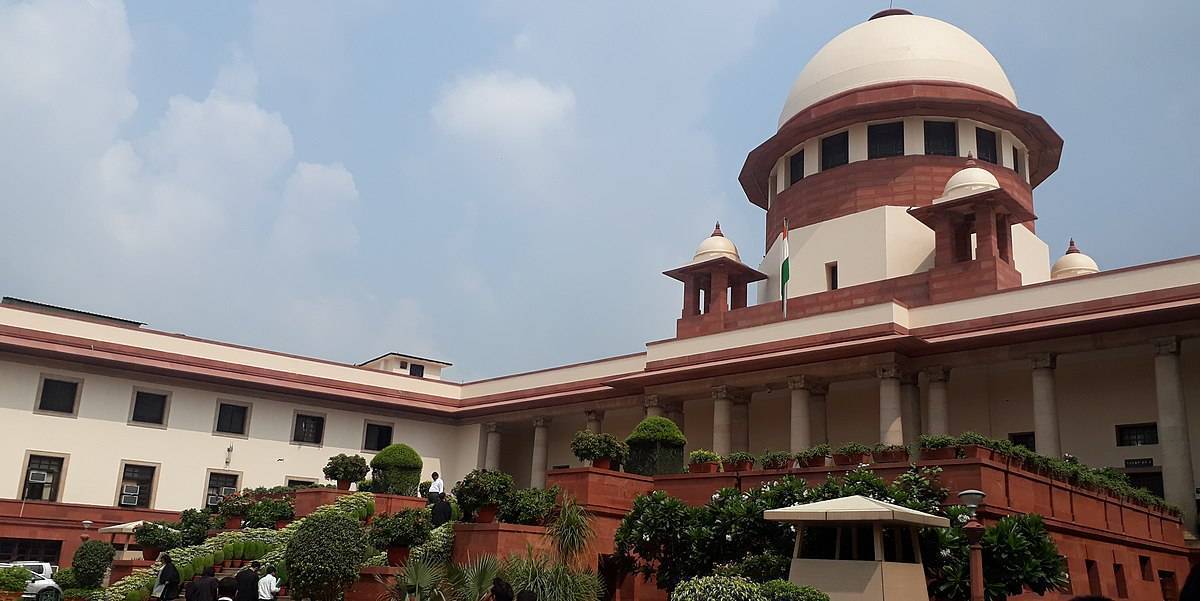
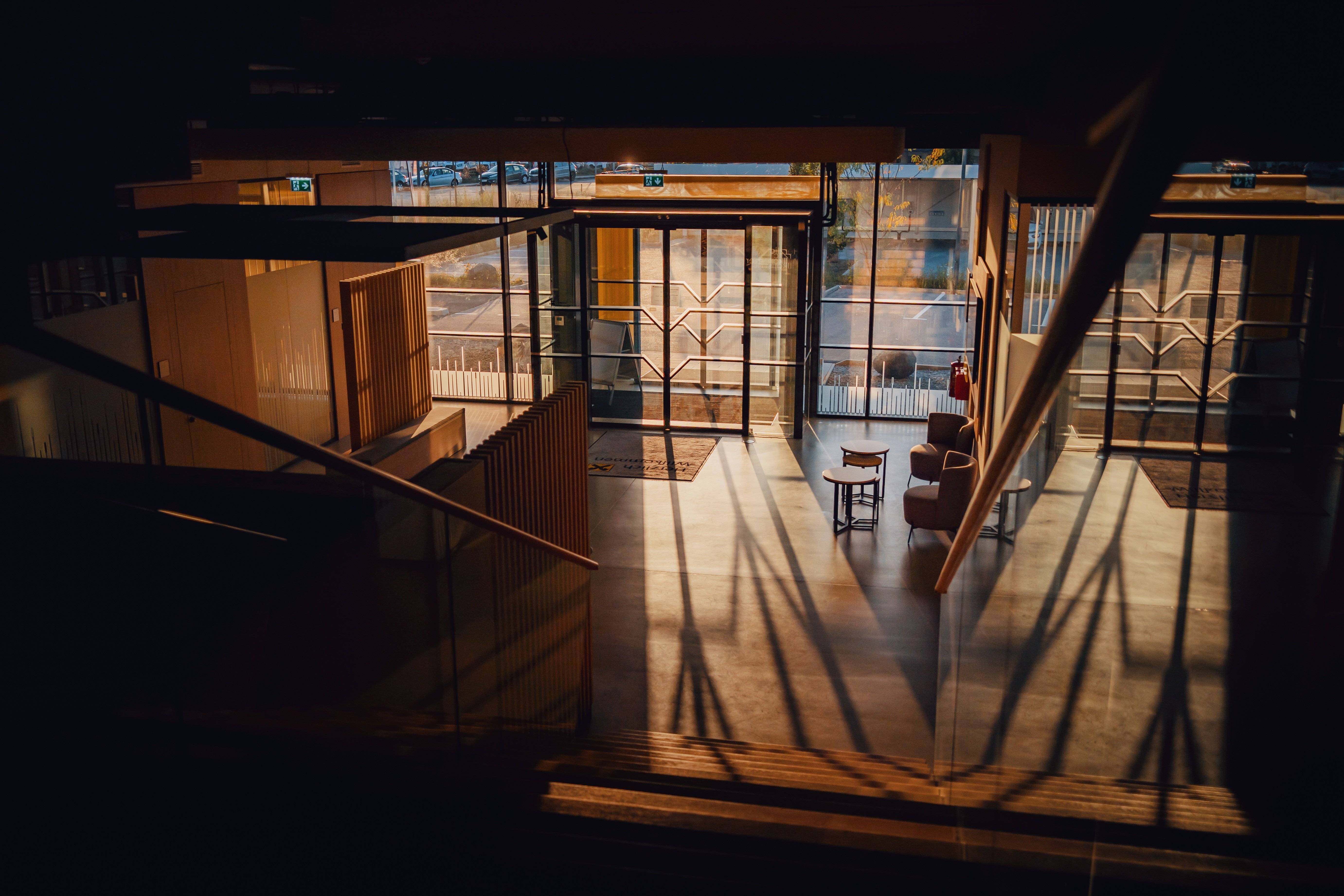
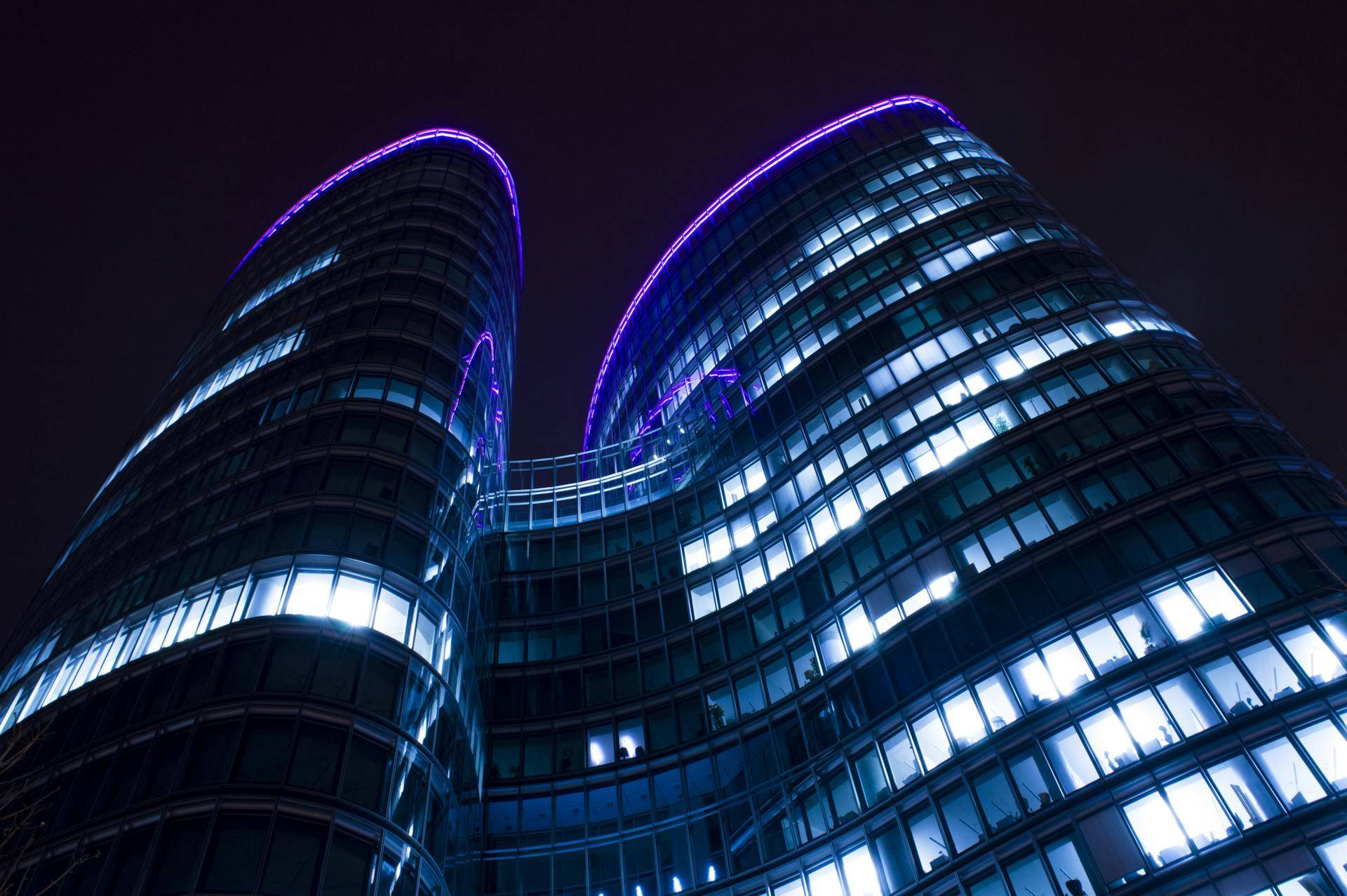
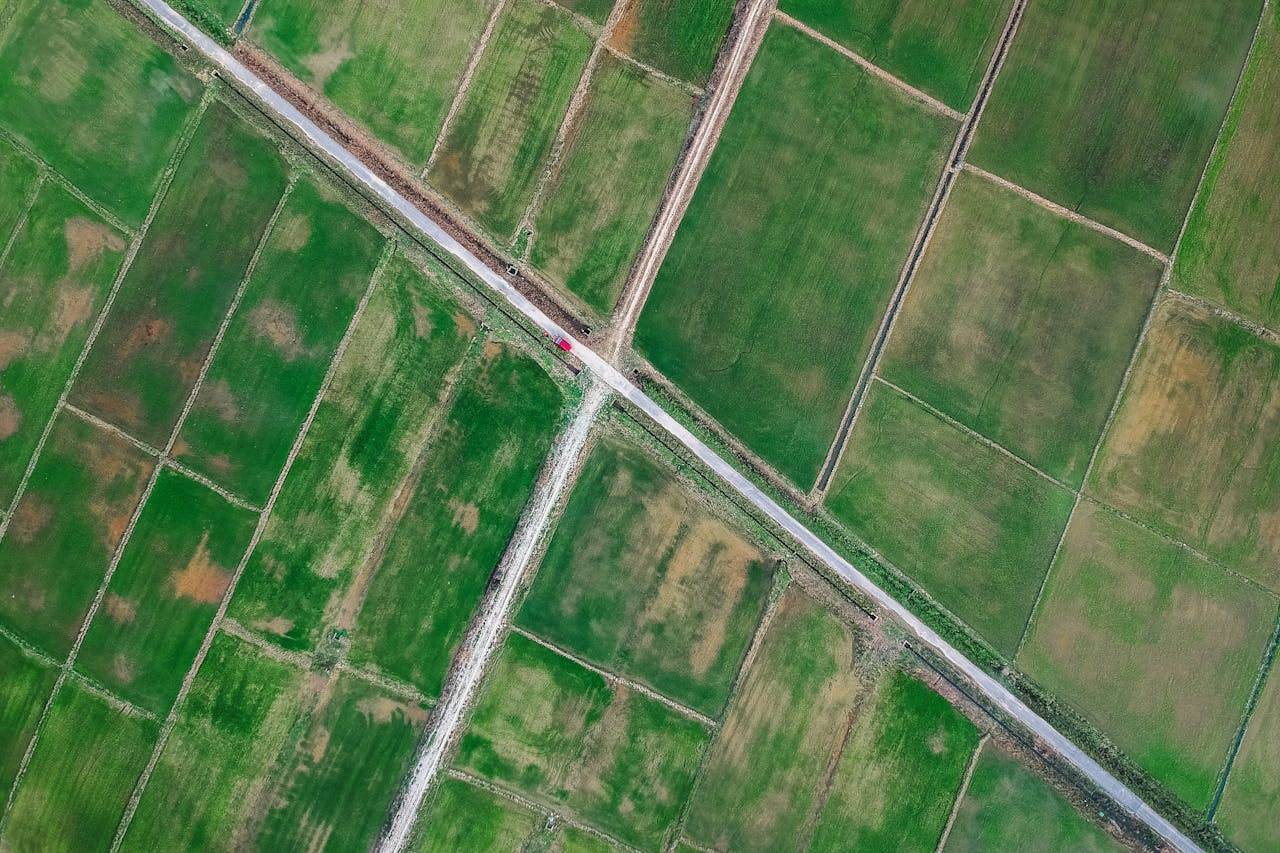
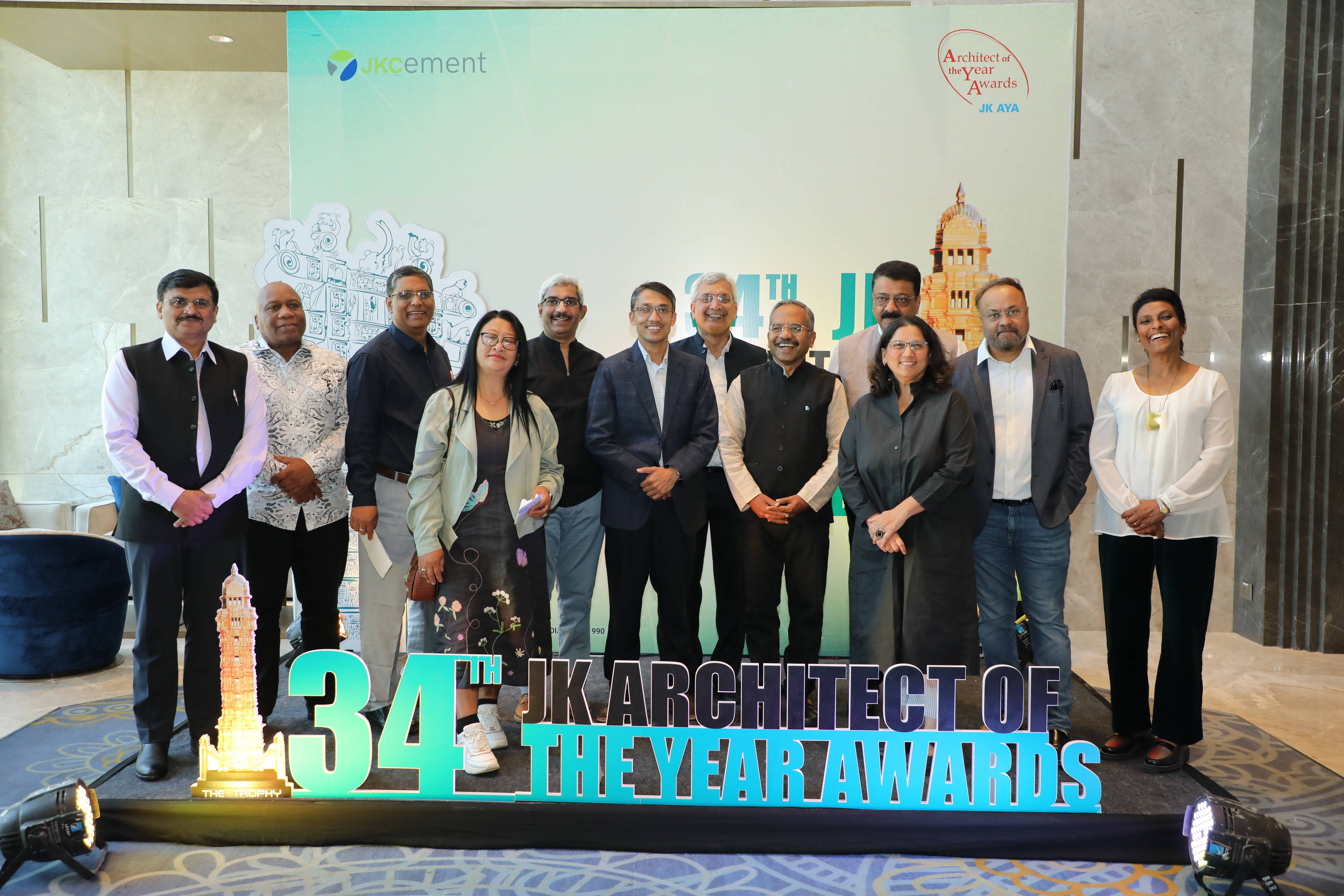
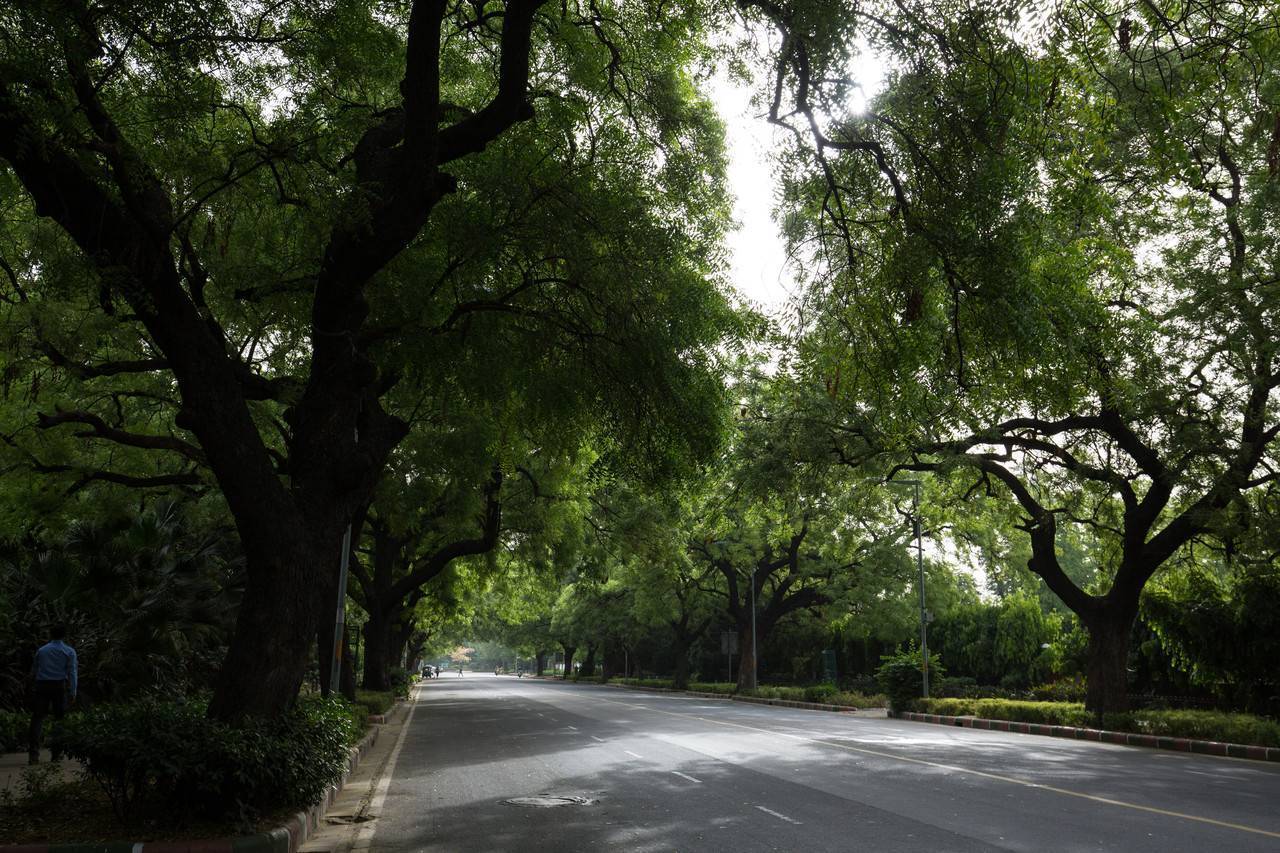
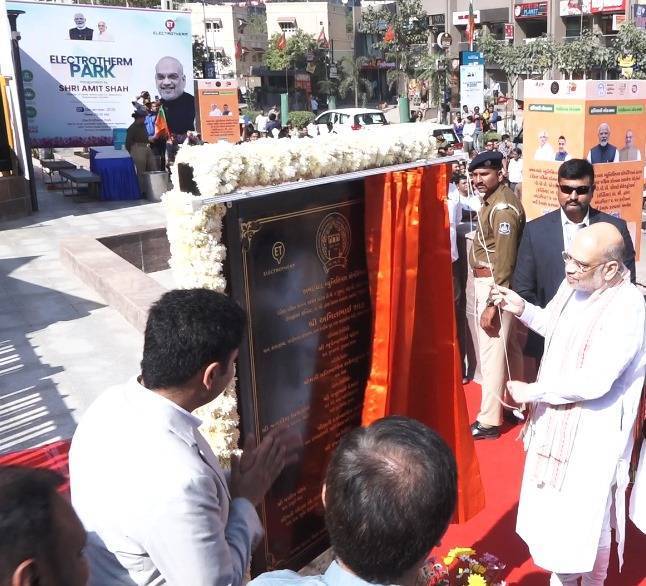
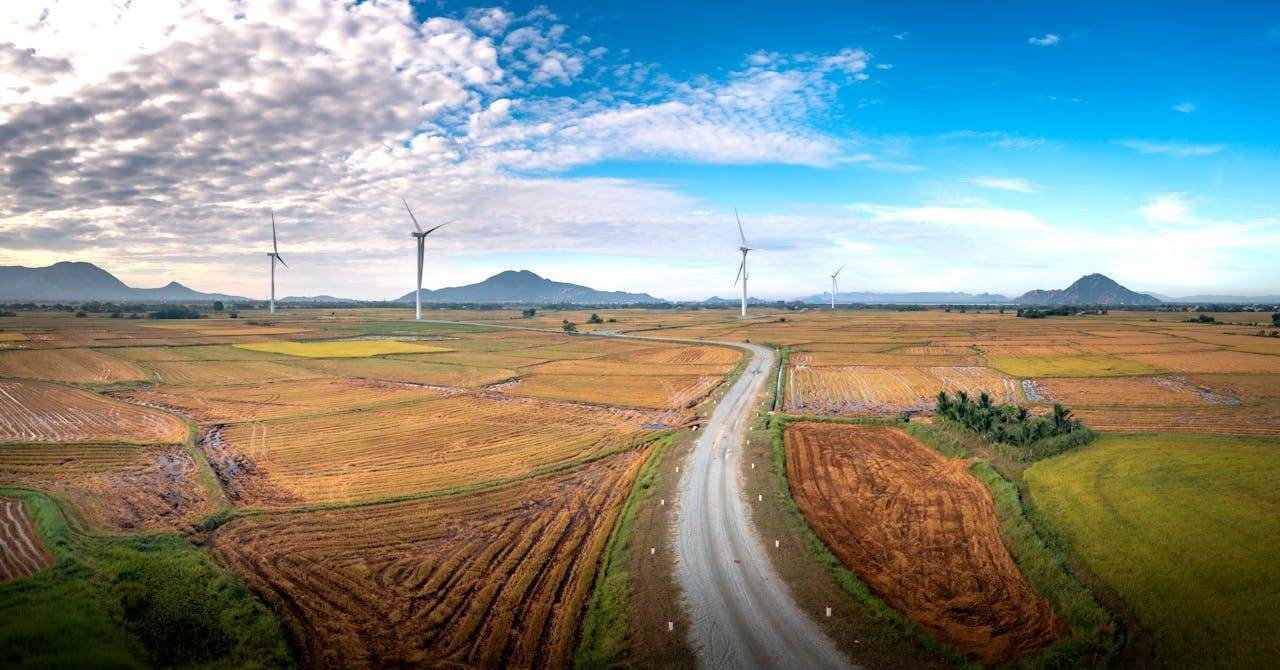
.png)